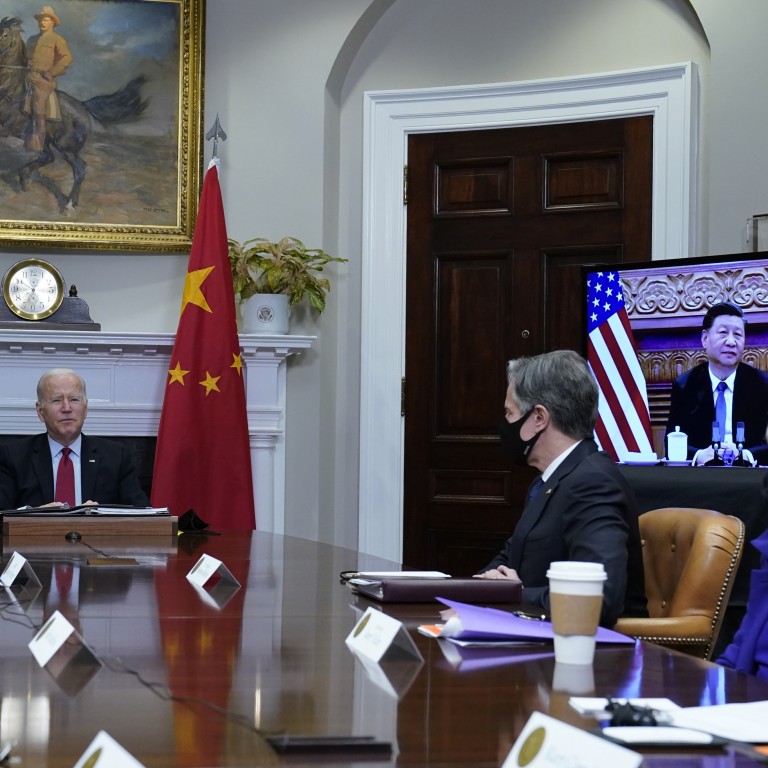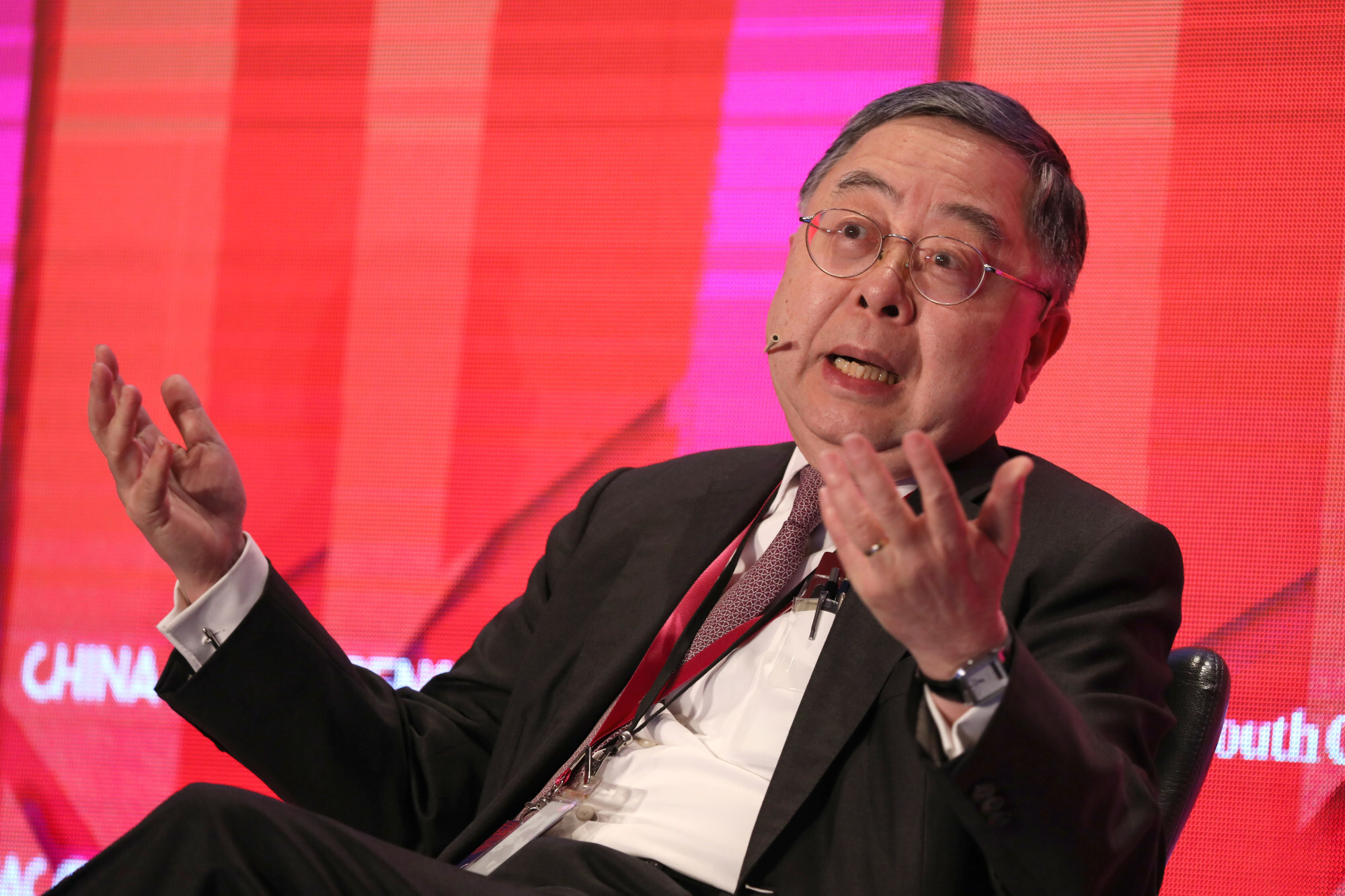
All hope is not lost for US-China relations despite the tensions and tepid virtual summit
- The appearance of progressive, level-headed analysis in an old-guard publication like Foreign Affairs suggests movement in US policy towards China
- Even though the Xi-Biden virtual summit produced little of note, there are still ways to bridge the gap between the two countries
The extraordinary thing about this article, though, was not just the substance itself but the notable platform of its transmission. It was in Foreign Affairs, the journal of the Council on Foreign Relations (CFR) in New York.
Foreign Affairs has not always been everyone’s cup of tea. For truly cosmopolitan Americans, perhaps on the West Coast especially, Foreign Affairs and its parent CFR were viewed as an East Coast men’s club where grumpy grandees snoozed away in the library.
It seemed like an unfeeling place where American triumphalism was on display for all to see, whether they liked it or not. But, perhaps now, the prospect of a different global future is starting to dawn, even on the old Foreign Affairs club.
“Massively outgunned,” he writes, “China is acting rationally and predictably. Less rational is Washington sitting in a position of advantage, observing China’s clear track record of seeking to counter US nuclear modernisation and then proceeding as if Beijing won’t do so in this case. By modernising its nuclear force, the United States is giving China every reason to expand its own.”
If Beijing wants to increase its nuclear arsenal because the US has so many, why not have the US reduce its arsenal, rather than increase it, to equalise the build-up if it really wants Beijing to cool it?
‘China’s nuclear threat to US grows – mainly in risk of mishap’
Level-headed analysis of genuine needs is hard to find in the American media. Patriotism would seem to require conformity. Recall the US invasion of Iraq in 2003. Too many American journalists – not to mention their editors and publishers – were far too eager to don their mental combat uniforms and support the war. The American people never really knew what was happening, and that is true today with US-China tensions.
China is red and reds are better dead – that’s the kind of analysis that passes muster in the US Congress. As Chan noted, one-dimensional talks will not cool tensions as long as the average US politician holds retrograde views on “red China”.

Thankfully, Chan can always be counted on to offer singular perspectives on the US and China. Because he is well informed and wilfully outspoken, he can cut through the blather without adding to it.
As long as being nice is not misunderstood as being weak, and few today are under the illusion China is weak, why not try it another way? Put your scary wolves back in the zoo and deploy your better angels into the diplomatic field.
LMU Professor Tom Plate is vice-president of the Pacific Century Institute

